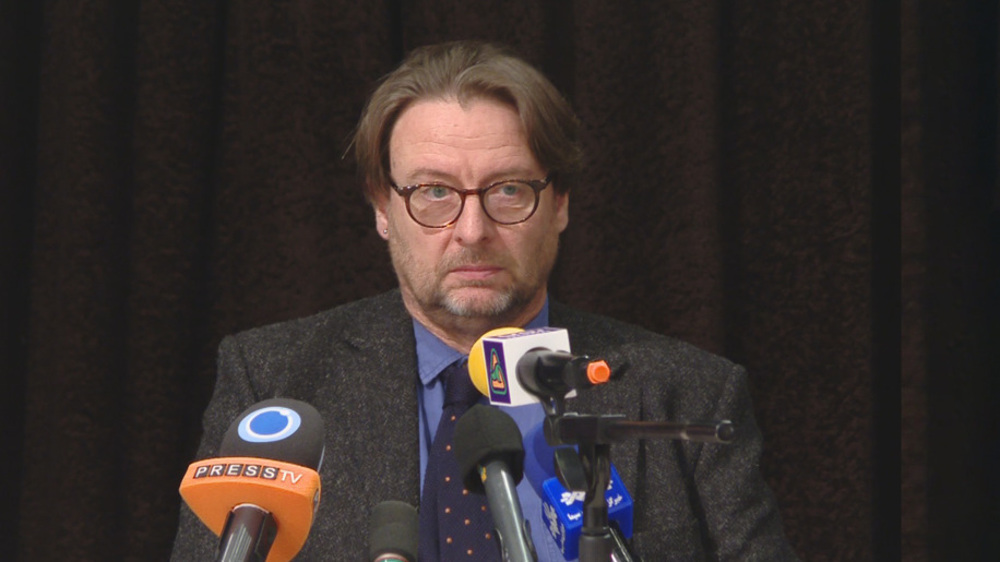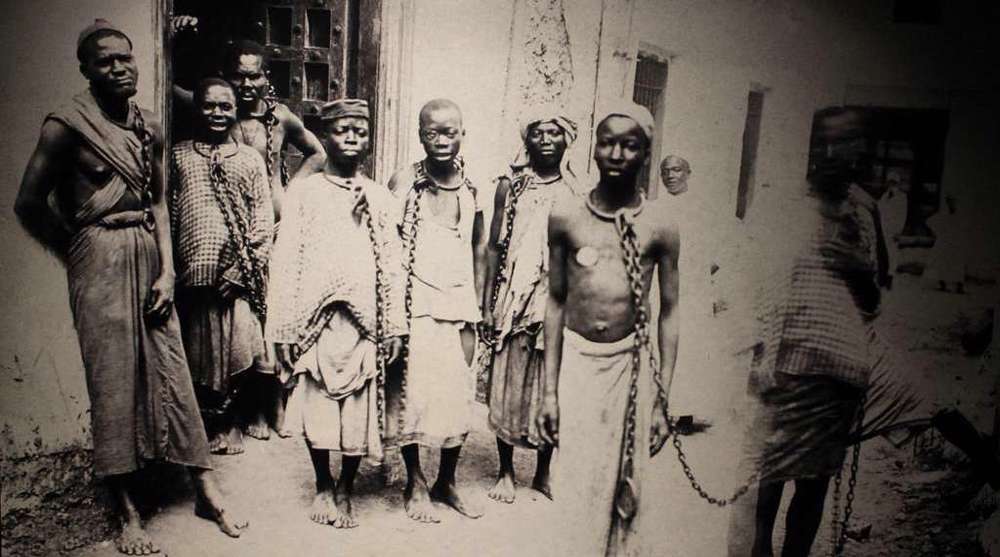Osborne warns of tax increases after Brexit
British Finance Minister George Osborne says the next UK government will have to cut spending even further and raise taxes to ensure the country can live within its diminished means following the historic referendum to leave the European Union (EU).
Osborne, the Chancellor of the Exchequer, said Tuesday it was “very clear” that the country would be poorer after the British exit, known as Brexit.
Speaking on BBC Radio 4's Today program, he warned that the next British prime minister would “absolutely” have to inflict further austerity measures on the population.
"It's very clear that the country is going to be poorer as a result of what's happening to the economy," he said.
"We are absolutely going to have to provide fiscal security to people, in other words we are going to have to show the country and the world that the country can live within its means."
Asked if that meant tax rises and spending cuts, he said: "Yes, absolutely. But that decision will come under a new prime minister.”
After the referendum on leaving the EU, Prime Minister David Cameron announced that he would leave office by fall. Osborne is widely expected to be ousted as finance minister under the next Conservative prime minister, who will be in office by September.
In the June 23 referendum, about 52 percent of British voters opted to leave the EU, while roughly 48 percent of the people voted to stay in the union. More than 17.4 million Britons said the country should leave the bloc, as just over 16.14 million others favored remaining in the EU.
Osborne said he regretted the Brexit result, but we must respect the decision of the British people.
“Did I want Britain to remain in the EU? Yes. Did I fear the consequences if we quit? Yes. Did I argue passionately for that during the referendum? Absolutely I did… I’ve made my argument, the British people have chosen a different course.”
The British departure has triggered concerns that other EU nations may follow, challenging the political fabric of an alliance that has been constructed among nearly thirty very different countries.

UK police question Holocaust survivor for attending pro-Palestine demo

There will be no escape from justice: Pro-Palestinian UK scholar to Zionist genocidaires

Report: Most Britons ignorant about scale of UK slavery
Full-blown famine grips Gaza as 91% of population faces extreme food insecurity: NGO
VIDEO | Press TV's news headlines
Iranian FM informs Saudi counterpart about indirect talks
VIDEO | Pakistani parliament adopts resolution against Israeli atrocities in Gaza
Iran: Second round of indirect talks with US will be held in Oman
China urges US to ease trade tensions via ‘equal dialogue’
‘Hamas not defeated, military overstretched’: Israeli army chief
Iran, Armenia should elevate ties to strategic partnership: Deputy FM







 This makes it easy to access the Press TV website
This makes it easy to access the Press TV website